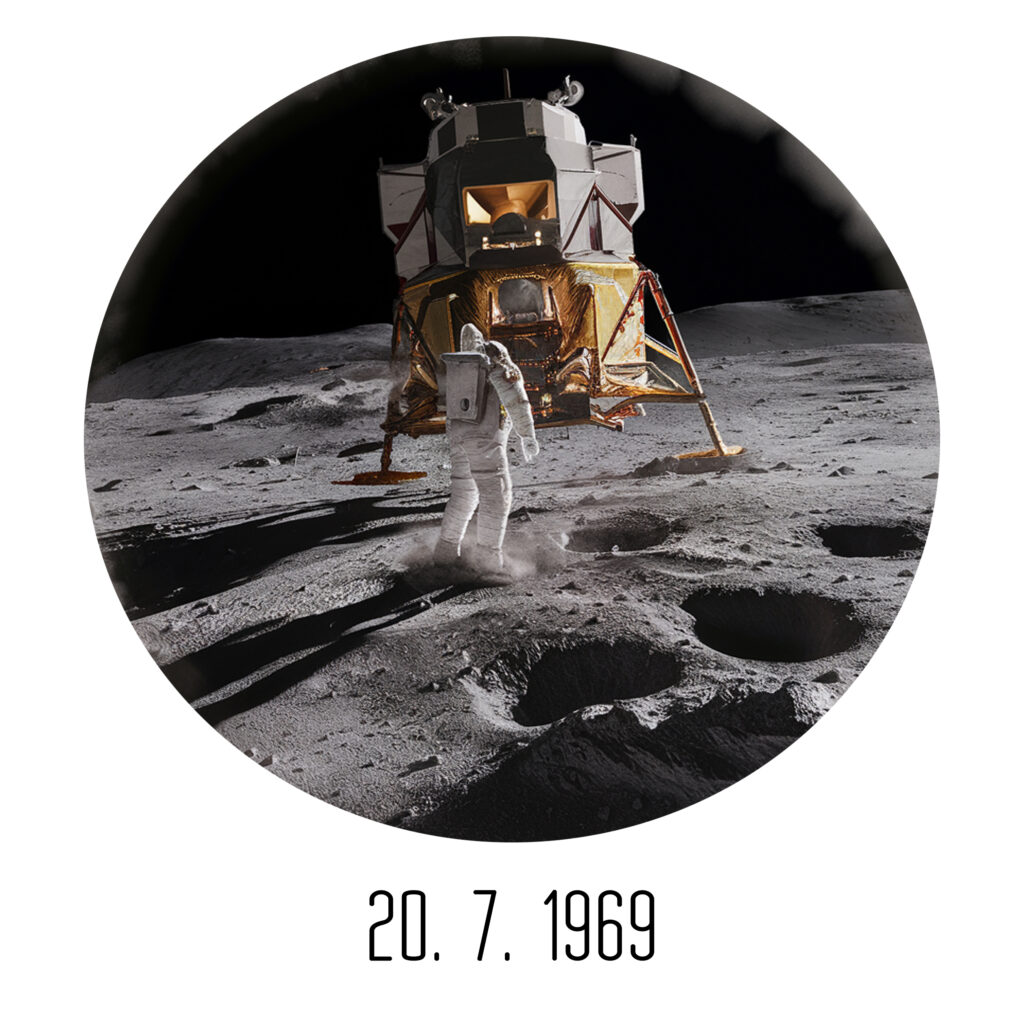The International Day of Zero Tolerance for Female Genital Mutilation (FGM), observed on 6 February, is a crucial moment for global awareness and action. FGM is a deeply entrenched violation... Read more
International Moon Day
Celebrating Lunar Exploration and Inspiring Future Endeavors
International Moon Day, celebrated annually on July 20th, marks the anniversary of humanity’s first successful moon landing in 1969 when Apollo 11 astronauts Neil Armstrong and Edwin “Buzz” Aldrin took those historic steps on the lunar surface. This day is not only a commemoration of past achievements but also a celebration of human ingenuity, scientific discovery, and the boundless curiosity that drives space exploration.
A Historical Milestone

The moon landing on July 20, 1969, was a monumental achievement that represented the culmination of years of research, innovation, and determination. The Apollo 11 mission, conducted by NASA, was a response to the intense competition of the Space Race, a period of Cold War rivalry between the United States and the Soviet Union. The successful landing of the Lunar Module, Eagle, and Armstrong’s famous words, “That’s one small step for man, one giant leap for mankind,” symbolized not just a technological triumph but a testament to human potential.
Celebrating Scientific Achievement
International Moon Day provides an opportunity to reflect on the significant scientific and technological advancements that have been made possible through lunar exploration. The Apollo missions expanded our understanding of the moon’s geology, composition, and history. The samples collected by astronauts have provided invaluable insights into the moon’s formation and the early history of the solar system.
Moreover, the technological innovations developed during the Apollo program have had far-reaching impacts beyond space exploration. Advances in computer technology, telecommunications, and materials science, driven by the demands of space travel, have contributed to numerous applications on Earth, from medical imaging to GPS technology.
Inspiring Future Generations
Beyond honoring past achievements, International Moon Day serves as an inspiration for future generations. The excitement and wonder generated by the Apollo missions continue to ignite interest in science, technology, engineering, and mathematics (STEM) fields. Educational programs and outreach efforts associated with International Moon Day aim to engage young minds and foster a new generation of scientists, engineers, and explorers.
The Future of Lunar Exploration
As we celebrate International Moon Day, it is essential to look forward to the future of lunar exploration. The moon remains a focal point for scientific research and exploration, with numerous international missions planned or already underway. NASA’s Artemis program, for instance, aims to return humans to the moon by the mid-2020s, with the goal of establishing a sustainable presence and paving the way for future missions to Mars.
International collaboration is becoming increasingly significant in space exploration. Countries such as China, Russia, India, and members of the European Space Agency are actively pursuing lunar missions, contributing to a new era of global cooperation and shared scientific discovery. The establishment of lunar bases and the potential for resource utilization, such as mining lunar ice for water and oxygen, hold promise for long-term human presence on the moon and beyond.
Promoting Peaceful Exploration
International Moon Day also serves as a reminder of the importance of peaceful exploration and the responsible use of outer space. The Outer Space Treaty of 1967, signed by major spacefaring nations, establishes the moon and other celestial bodies as the “province of all mankind.” This treaty underscores the principle that space exploration should be conducted for the benefit of all humanity and that space should remain free of military conflict and territorial claims.
Conclusion
International Moon Day is a celebration of human achievement, scientific discovery, and the spirit of exploration. It honors the legacy of the Apollo missions while inspiring future endeavors in space exploration. As we commemorate this day, we are reminded of the limitless possibilities that lie beyond our planet and the potential for continued advancements in science and technology. International Moon Day not only pays tribute to the past but also encourages us to look forward with hope and determination, as we continue to explore the final frontier for the benefit of all humanity.







